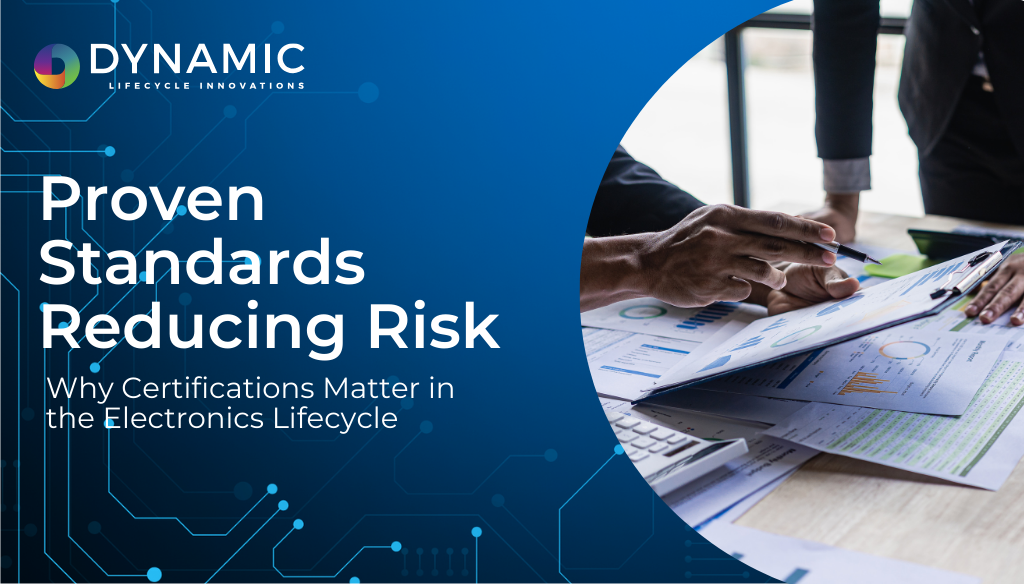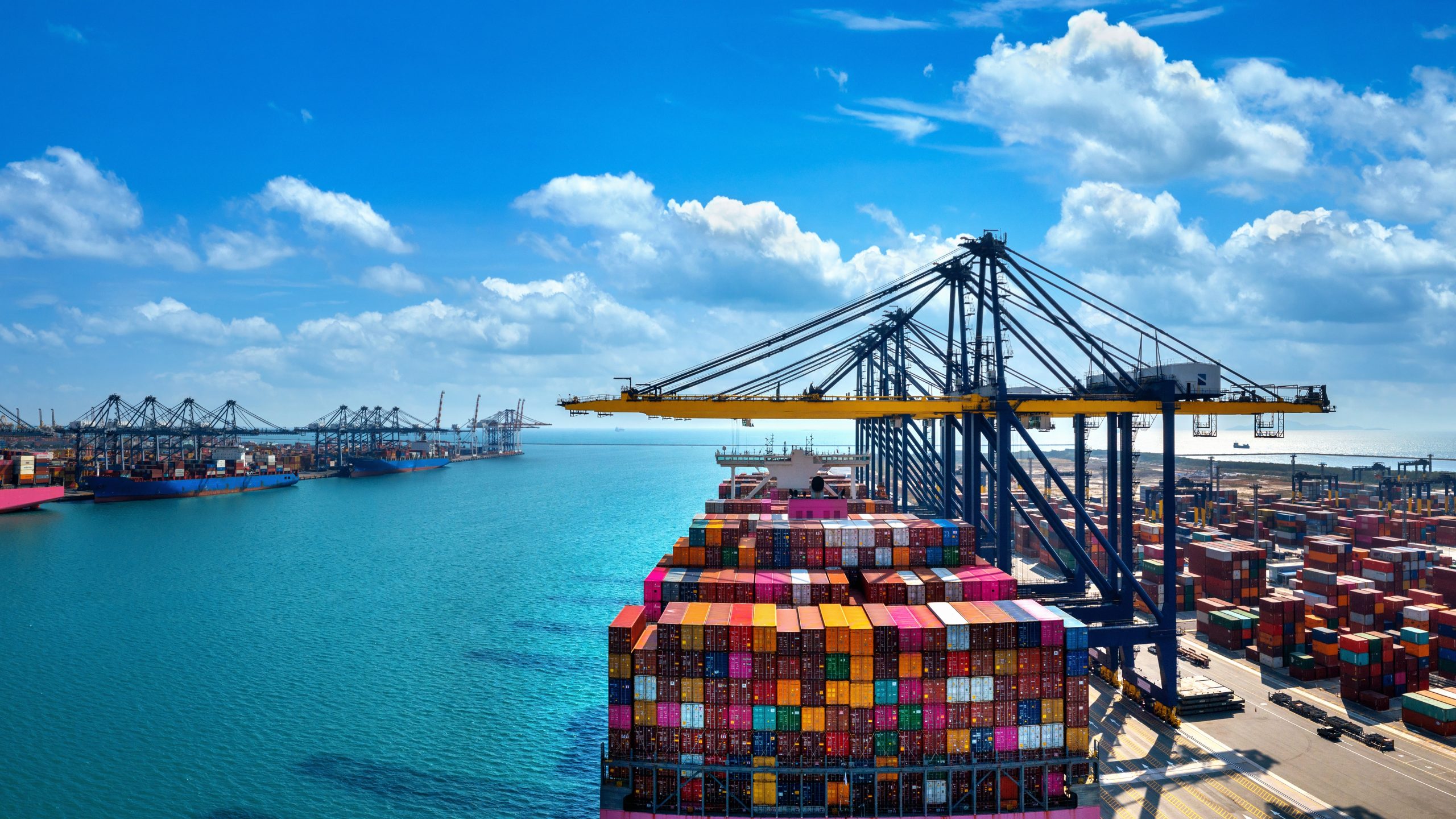How Policy Shifts Are Redrawing the Map for Electronics Recycling
Amanda Buros, Vice President of OEM Solutions at Dynamic Lifecycle Innovations, shares insights from an eSummit 2025 panel on how Basel Convention updates and shifting trade policies are reshaping global electronics recycling.
Basel Convention: Redefining What Moves Where
The Basel Convention has long guided how waste and secondary materials move across borders, but the latest amendments represent one of the biggest shifts for electronics recyclers and refurbishers in years.
Beginning January 1, 2025, new e-waste amendments (entries A1181 and Y49) will expand what’s considered controlled waste. This means nearly all cross-border shipments of used electronics—whether hazardous or not—will require formal documentation, prior consent, and financial assurances under the Prior Informed Consent (PIC) system.
For ITAD providers, recyclers, and OEM partners, the implications are far-reaching. Materials once freely traded between countries may now require advance permissions or face outright restrictions. Staying compliant will demand stronger traceability and a deeper understanding of destination-country rules.
Key insight: The companies best prepared for these changes will be those investing in documentation, downstream visibility, and proactive communication with trading partners.
Circularity can’t thrive if the rules for moving materials are circular too.
The Trade and Tariff Wildcard
Beyond environmental regulation, trade and tariff policy continues to reshape how electronics move through global markets. Emergency border tariffs and reciprocal measures have added new layers of unpredictability.
For many recyclers, this volatility shows up in two ways:
– Pricing pressure: Costs for imported equipment and spare parts fluctuate, which affects processing and refurbishment margins.
– Operational uncertainty: When tariffs shift without warning, cross-border vendor and logistics strategies must pivot quickly.
As one panelist observed, tariffs can feel less like taxes on goods and more like taxes on predictability.
While these shifts can complicate planning, they also encourage resilience—pushing the industry to explore regional partnerships, domestic capacity, and more diversified sourcing.
Key insight: Building flexibility into supply chains—through regional processing options and ongoing policy awareness—helps companies stay confident amid global uncertainty.
The Repair and Reuse Tightrope
Perhaps the most nuanced policy question today is how to handle used electronics for repair and refurbishment. Historically, these items have been treated as products, not waste. But growing scrutiny over the so-called “repair loophole” has prompted many governments to tighten oversight on shipments for reuse.
This creates a delicate balance: encouraging legitimate reuse while ensuring environmental safeguards. For companies extending product life responsibly, clarity matters. Documenting product condition, repair intent, and destination transparency can mean the difference between smooth logistics and costly delays.
“We can’t let the fear of misuse overshadow the value of reuse.”
Key insight: Establishing strong documentation and transparent reuse partnerships can help demonstrate responsible intent and reduce trade disruptions.
Domestic Capacity and Global Strategy
As policy landscapes shift, many recyclers are reevaluating where and how they process materials. Some are investing in domestic or regional recycling capacity to minimize export risk. Others are forming strategic partnerships to navigate complex compliance requirements collectively.
These decisions aren’t purely about regulation—they’re about control, visibility, and agility. Companies that can process materials closer to their source often gain faster turnaround, stronger oversight, and improved alignment with circular-economy goals.
Innovation isn’t just happening in the shredder or the sort line, it’s in how we design material flows.
Key insight: Diversifying processing locations and strengthening local or regional collaboration can enhance resilience and transparency in a changing market.
What Comes Next
Global trade in recycled materials is evolving rapidly. Between Basel’s expanded controls and ongoing tariff debates, the industry faces both challenge and opportunity. Organizations like ReMA and others are working to ensure policymakers understand the real-world implications of these shifts and to advocate for workable, sustainable frameworks.
For industry leaders, the message is clear: adaptation starts with awareness. Understanding new regulations, anticipating change, and strengthening relationships across the value chain will position recyclers and OEMs to lead with confidence.
Related Resources










